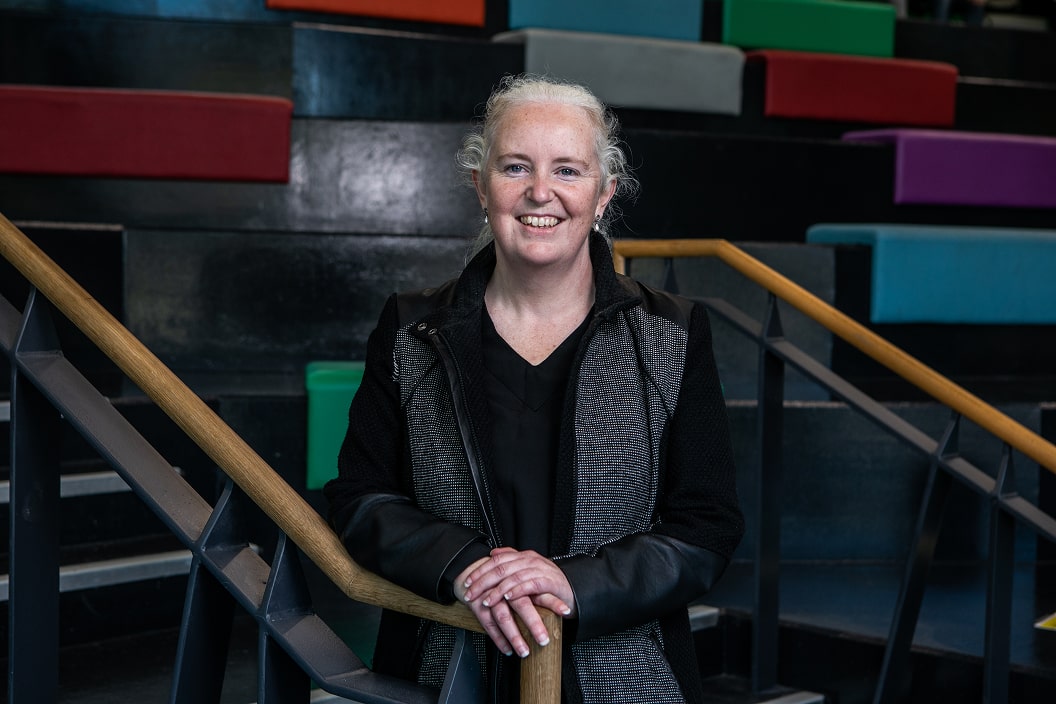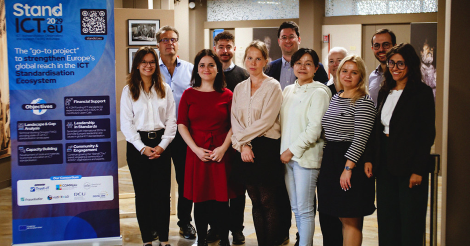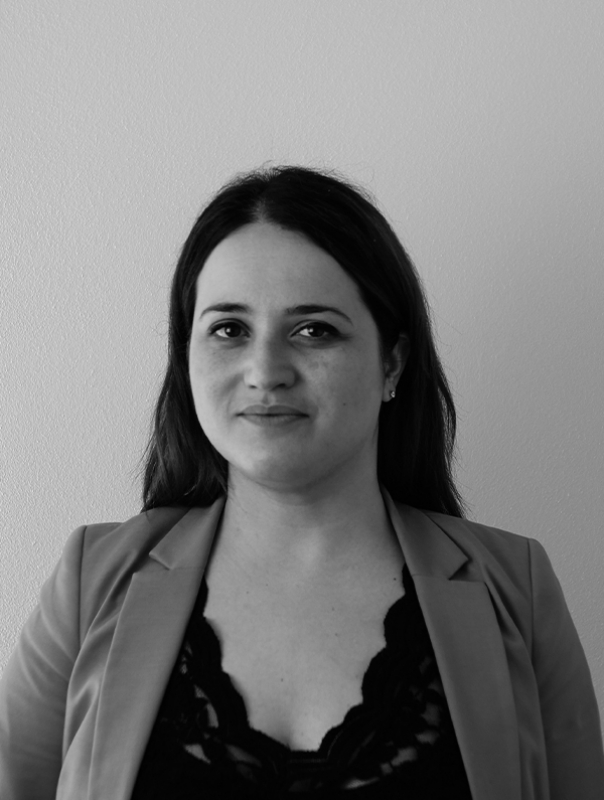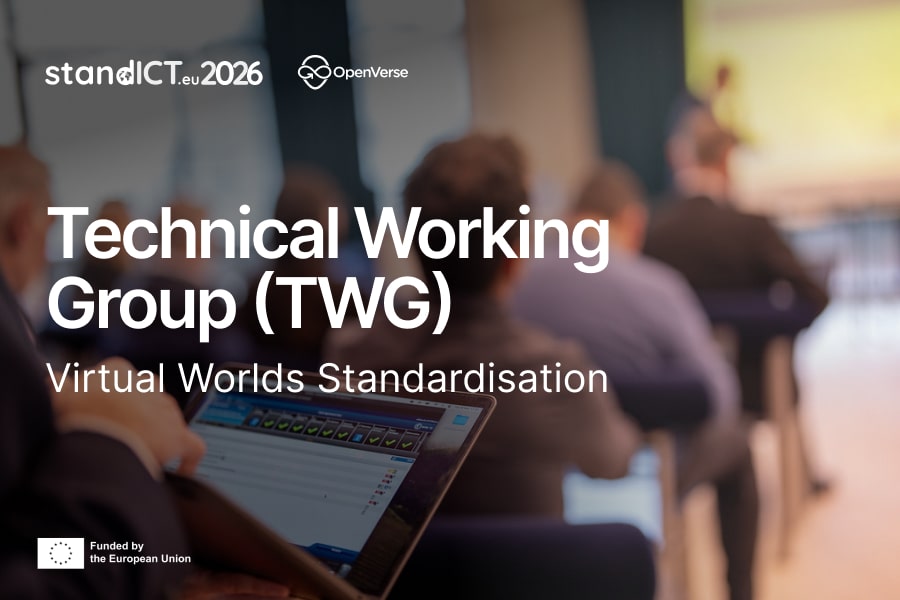Read time: 6 mins
Background on the EUOS
The European Observatory for ICT Standardisation (EUOS) is an interactive platform dedicated to providing our community of ICT experts an accurate coverage of relevant and updated ICT Standards. It is part of StandICT.eu 2026, an EU Coordination and Support Action project funded under Horizon Europe - with the central goal to ensure a neutral, reputable, pragmatic and fair approach to support European and Associated states presence in the international ICT standardisation scene.
Launched in 2021 as a brand new asset, the EUOS has since then thoroughly monitored the global standardisation landscape, providing a comprehensive and accurate coverage of the most important ICT standards, Working Groups (WGs) and Technical Committees (TCs) that affect the key ICT topics of the Digital Single Market and the EU ICT Rolling Plan for Standardisation.
The EUOS is made of different components, namely:
- Discussion Groups: a networking space where registered users can talk with other ICT experts about ICT topics, create and edit documents, share knowledge and events.
- Standards Training Academy: a platform to create awareness about ICT standardisation both for young individuals and High Education Institutes. It’s a Repository of readily accessible and easily discoverable training and education materials about ICT standardisation covering different experience levels: Beginner, Intermediate, and Advanced. The Academy has been recently renovated as you can read here
- Standards Repository: an ever-evolving platform that supports users by offering a direct access to a big amount of ICT standards, available at external sources, including the most prominent International and European Standards Development Organisations (SDOs). Its aim is to provide up-to-date information and links documents on standards that cover the most important ICT areas.
- Standards Landscape and Gap Analysis reports: documents providing a list of current standards across various ICT domains, directly produced by experts working in our EUOS Technical Working Groups (TWGs).
Updates to the EUOS Repository and TWGs
While navigating the Repository, you will discover it is not just an archive of information, but a search tool with the ability to filter standards by different needs, such as keywords, type, topic, ICT domain, SDOs and suggested gaps. This is extremely useful for ICT experts who can filter through a wide range of standards without needing to alternate between different sources.
Content is frequently updated and refreshed within the platform to ensure the latest expert developments and new ICT innovations are reflected.
Thanks to the provided links to a big range of existing standards, experts can find inspiration to innovate and improve their technologies or products.
The Repository is powered by the work of the different Technical Working Groups (TWGs), who are a group of experts with the aim of creating Landscape and Gap Analysis reports on specific ICT topics. The goals of these reports are to:
- Capture ICT Standards data for the relevant priority areas of the ICT Rolling Plan;
- Perform standards gap analysis and provide standards impact assessment;
- Present a Standards-In-Process pipeline analysis
Some reports which have received great success have been published in this edition. A few examples, downloadable through Zenodo, are the Landscapes of Digital Product Passport Standards, which as of April 2024, had over 4000 views and 4000 downloads, the Landscape of Ontologies Standards, (2000 views and 1000 downloads), and the Standardisation Landscape Report of Citiverse (600 views and 300 downloads).
The next reports to be published will be the Gap Analysis Report on IoT and Edge Computer, which will showcase the main areas where standardisation efforts are needed to push progress forward.
Additionally, our Technical Working Groups are finalising a Landscape Report on Robotics, producing the second edition of the Landscape Report on Citiverse, IoT and Edge Computing, as well as a follow-up publication on Digital Twins.
Visit our dedicated page to stay updated!
All the standards described in the Landscapes are collected and loaded in the Repository.
In the StandICT.eu 2026 edition, the Repository has been expanded both in terms of the number of standards and the topics covered. The transition between the different editions underlines a continuous development path that is in line with changes of the global technological landscape and the needs of the European market.
To date, more than 2,500 ICT standards and over 300 Working Groups (working on standards which are still under development) have been mapped. Compared to the previous edition, more than 800 Standards have been added, focusing on topics such as Citiverse (350), Ontologies (72), IoT and edge computing (375) and Data Centre (26).
From the beginning of this edition (January 2023) until now, the Repository has collected more than 31700 visits.
As of May 2024, the most visited standard has been “IEC 63278-1: Asset Administration Shell for industrial applications - Part 1: Asset Administration Shell structure” made by IEC and related to Digital Twin and Digital Product Passport. This document defines the structure of a standardised digital representation of an asset, the Asset Administration Shell. This asset gives uniform access to information and services and its purpose is to enable two or more systems or software applications to exchange information and to mutually use the information that has been exchanged in a trusted and secure way. The Asset Administration Shell applies to assets which are physical (raw materials, part component), digital (process definition, business procedures) or intangible entities (software license).
The interest in this type of standards reflects the increasing interest that topics like Digital Twins and Digital Product Passport are gaining. In this regard, StandICT is also organising an event with HSBooster.eu on June 7th focussed on standardisation for the Digital Product Passport. You can find more info here.
The most visited topic has been instead Artificial Intelligence, which is very relevant at the moment thanks to the recent approval of the AI Act: a few days ago the European Council has approved rules on Artificial Intelligence. It is the first of its kind in the world and can set a global standard for AI regulation. This legislation follows a risk-based approach categorising different types of Artificial Intelligence according to risk: what causes more damage will have stricter rules.
Digital Twins, which allow the optimisation of processes and products in companies by creating virtual replicas of physical systems, is the next most popular topic in our repository, followed by Smart Cities, Cloud Computing and Cybersecurity.
The Repository contains standards from numerous SDOs, European SDOs and other standardisation initiatives such as 3GPP, ASTM, ATIS, CEN/CENELEC, CSA, DIF, DMTF, ETSI, GICTF, GS1, HL7, IEC, IEEE, IETF, iiRDS, INRAE, ISO, ITU, MPAI, NIST, OASIS, OGC, OMA, OMG, OpenForum Europe, RDA, SAE, SMPTE, SNIA, UNECE, W3C and many more. Each of these collects dozens of views each month, thousands over all.
To find a detailed report of the Repository highlights and statistics to date, click here.
The goals for the future remain consistent with those pursued until now: expanding the Repository and keeping it up-to-date, continuing to focus on the main areas of ICT, in line with the 'Rolling Plan for ICT Standardisation' defined by the European Commission.
Would you like to know more? Explore the Repository!



